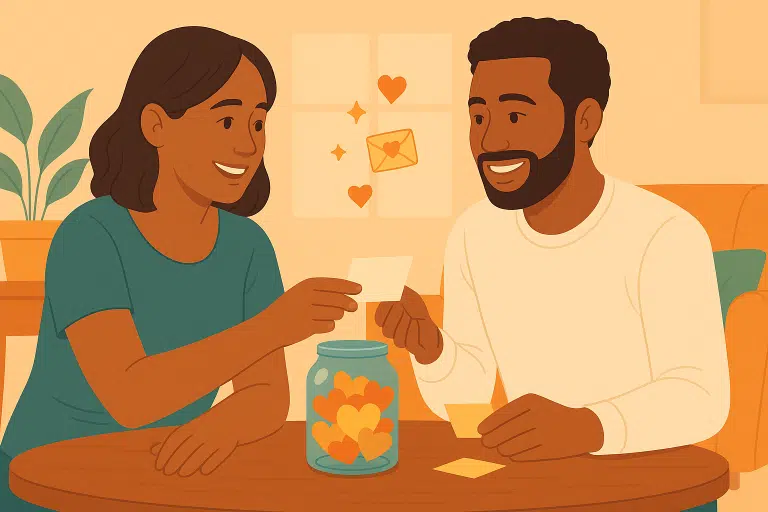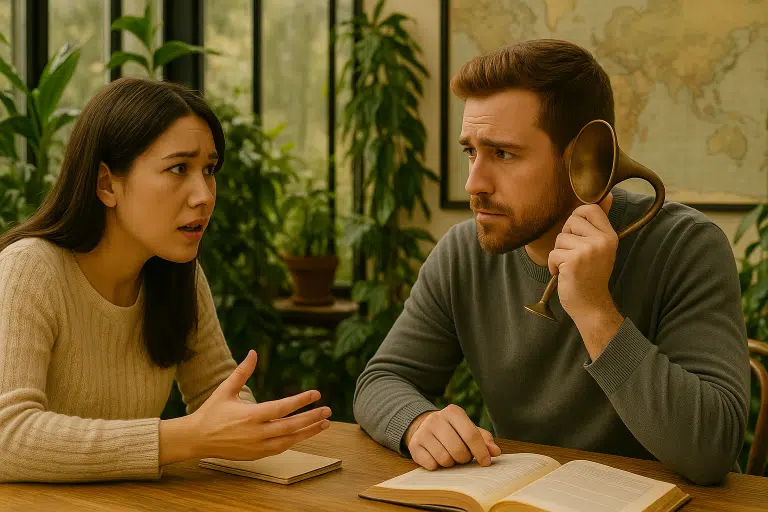Relationships, no matter how strong and loving, can sometimes face challenges. Identifying early signs that your relationship might be in trouble can help you address issues before they become insurmountable. Here are some key indicators that may suggest your relationship is struggling:
1. Breakdown in Communication
Effective communication is the cornerstone of any healthy relationship. When partners stop talking to each other or engage in negative communication, it can signal trouble. This includes constant arguing, criticizing, and using sarcasm or hostile tones. If you find yourself or your partner avoiding conversations or if discussions often escalate into fights, it might be a sign that underlying issues need to be addressed.
2. Emotional Distance
Emotional intimacy is crucial for a strong relationship. When one or both partners start feeling disconnected or indifferent towards each other, it can be a red flag. This emotional distance can manifest as a lack of interest in each other’s lives, decreased physical affection, or feeling like you’re living parallel lives rather than sharing a bond.
3. Decreased Physical Intimacy
A significant drop in physical affection or sexual activity can indicate problems. While it’s normal for physical intimacy to ebb and flow in long-term relationships, a sustained lack of interest or intimacy might suggest deeper issues such as unresolved conflicts, resentment, or emotional disconnect.
4. Constant Criticism and Defensiveness
When partners frequently criticize each other and respond defensively, it creates a toxic environment. Constant criticism can make the criticized partner feel unvalued and attacked, while defensiveness can prevent constructive conversations. This cycle often leads to feelings of resentment and anger, further damaging the relationship.
5. Lack of Trust
Trust is fundamental in any relationship. When trust is broken, whether through infidelity, dishonesty, or other breaches, it can be challenging to rebuild. Signs of a lack of trust include jealousy, constant checking up on your partner, or feeling insecure about your partner’s actions or intentions.
6. Avoidance of Conflict
While constant fighting is a sign of trouble, so is avoiding conflict. When partners avoid discussing issues or pretend everything is fine to prevent arguments, unresolved problems can fester. This avoidance can lead to passive-aggressive behavior and a buildup of resentment over time.
7. Feeling Unappreciated or Unsupported
Feeling unappreciated or unsupported by your partner can erode the foundation of a relationship. This might manifest as one partner feeling like they are putting in more effort, not being acknowledged for their contributions, or feeling neglected emotionally or practically.
8. Different Life Goals
Over time, partners might discover that their life goals and values no longer align. This can be about major issues such as career aspirations, having children, or lifestyle choices. When partners’ visions for the future diverge significantly, it can create tension and a sense of incompatibility.
9. Increased Focus on Outside Interests
While it’s healthy to have interests and friends outside the relationship, a sudden and significant increase in time spent away from the partner can indicate trouble. This might suggest that one partner is seeking fulfillment or escape outside the relationship rather than addressing issues within it.
10. Feeling Stuck or Trapped
When partners feel stuck or trapped in a relationship, it often signals deep-seated dissatisfaction. This can stem from feeling unable to express oneself, feeling undervalued, or sensing that the relationship is no longer fulfilling personal needs. This feeling can lead to thoughts of ending the relationship or seeking happiness elsewhere.
What to Do If You Notice These Signs
If you recognize these signs in your relationship, it’s essential to take action rather than ignoring them. Here are some steps you can take:
- Open Communication: Start by having an honest conversation with your partner about your concerns. Approach the discussion with empathy and a willingness to listen.
- Seek Professional Help: Couples counselling can provide a safe space to explore issues and learn effective communication and problem-solving strategies.
- Reflect on Personal Growth: Sometimes, individual therapy can help partners understand their own behaviors and feelings, contributing to healthier relationship dynamics.
- Recommit to the Relationship: If both partners are willing, make a conscious effort to reconnect and rebuild intimacy. This might involve setting aside time for each other, trying new activities together, or rediscovering shared interests.
Recognizing and addressing the signs that your relationship might be in trouble is crucial for maintaining a healthy, fulfilling partnership. By being proactive and seeking solutions, you can work towards resolving conflicts and strengthening your bond.
Connect with a Couples Counselling Centre EFTcouples therapist for a complimentary consultation HERE












